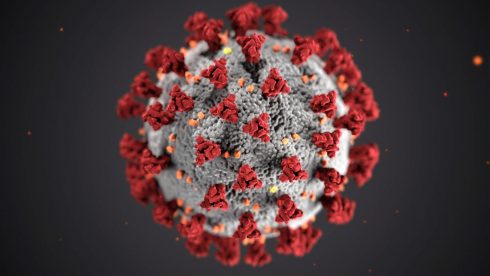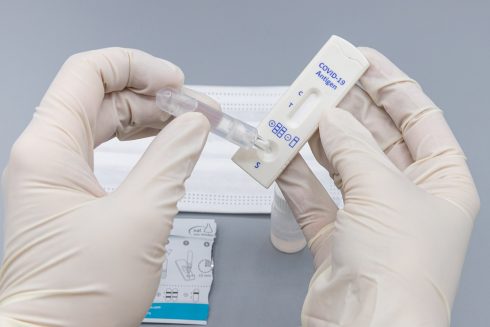SPAIN’S prime minister has ruled out imposing any further national restrictions in response to the omicron variant of the coronavirus arguing that current measures are sufficient.
In a public address on Wednesday, Pedro Sanchez said official data demonstrated that even though omicron spreads faster, it generally causes milder symptoms and therefore put less pressure on Spain’s hospitals than previous strains.
He also said that the country’s vaccine record, which has seen almost 90% of those aged over 12 receive a full dose, was proving key to fighting the sixth wave.
“It’s clear that we are in a situation radically different,” Sanchez said during his year-end press conference. “We are better and more prepared to confront the omicron variant.”
He insisted that it was important “to keep a balance between three important aspects: public health, mental health and economic growth.”
He described Spain’s vaccination drive as an “impressive collective success” and showed optimism that it would be repeated with the booster programme and the vaccination of the under-12s.
He did however confirm that health chiefs were discussing whether to shorten the mandatory isolation period for those who test positive but show no symptoms from ten to five days, in lines with several other countries who have made the move.
A decision on the matter is expected later today.
But he was convinced that for now, that Spain was properly prepared to cope with the wave of new infections sweeping across Spain and insisted that “2022 is definitely going to be better than 2021”.
The latest data from Spain’s Health Ministry showed that 100,000 new infections had been reported on Tuesday, bringing the 14-day infection rate to 1,360 cases per 100,000 residents, nearly double the level of a week earlier.
Data shows that hospital admissions, and notably the number of COVID patients in the ICU, are much fewer than in previous waves.
READ ALSO:
- ANALYSIS: The stats that reveal who died from COVID-19 in Spain during first year of pandemic
- COVID-19: Unvaccinated patients up to 24 times more likely to enter intensive care in Spain
Click here to read more Coronavirus News from The Olive Press.








